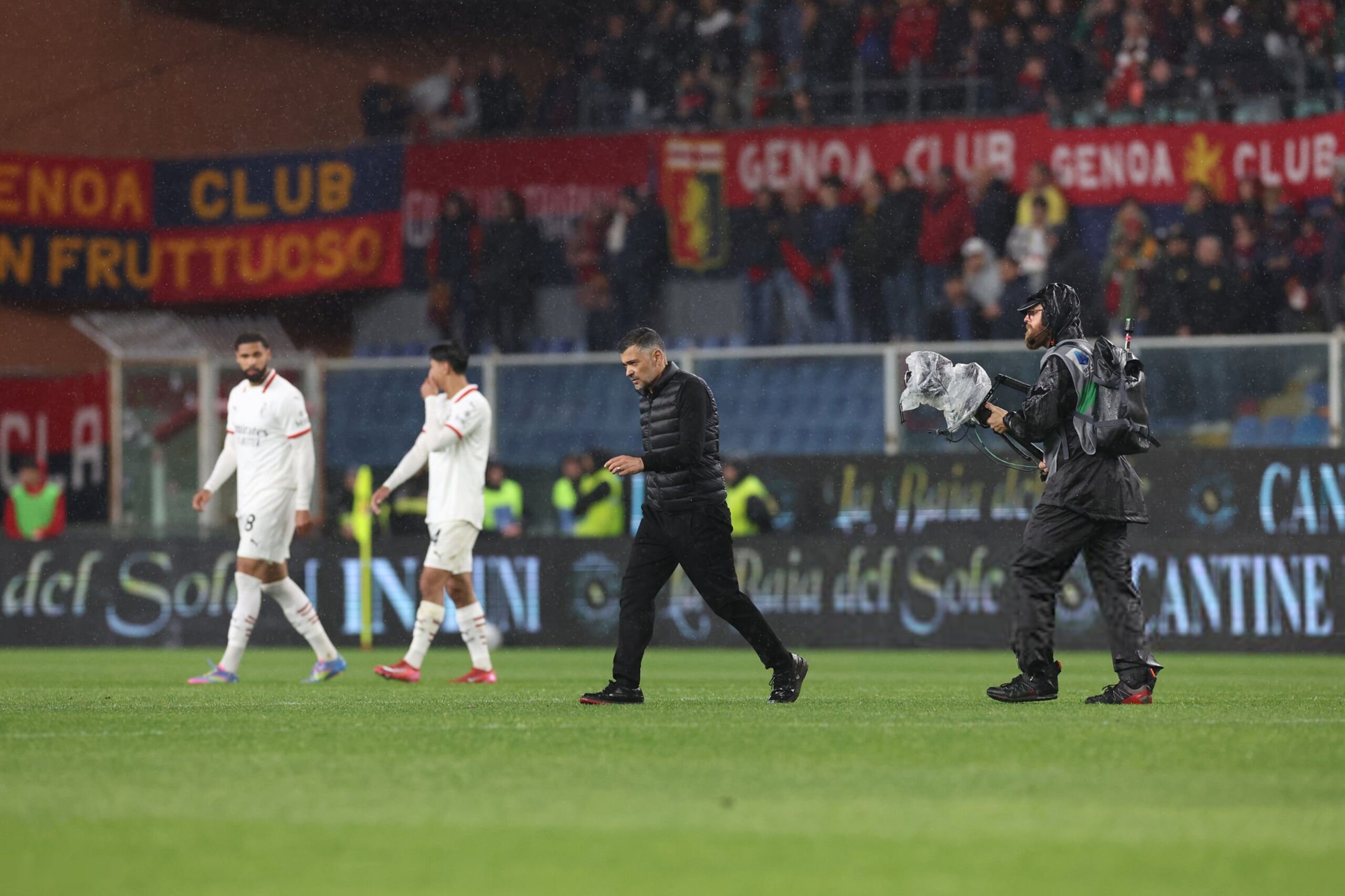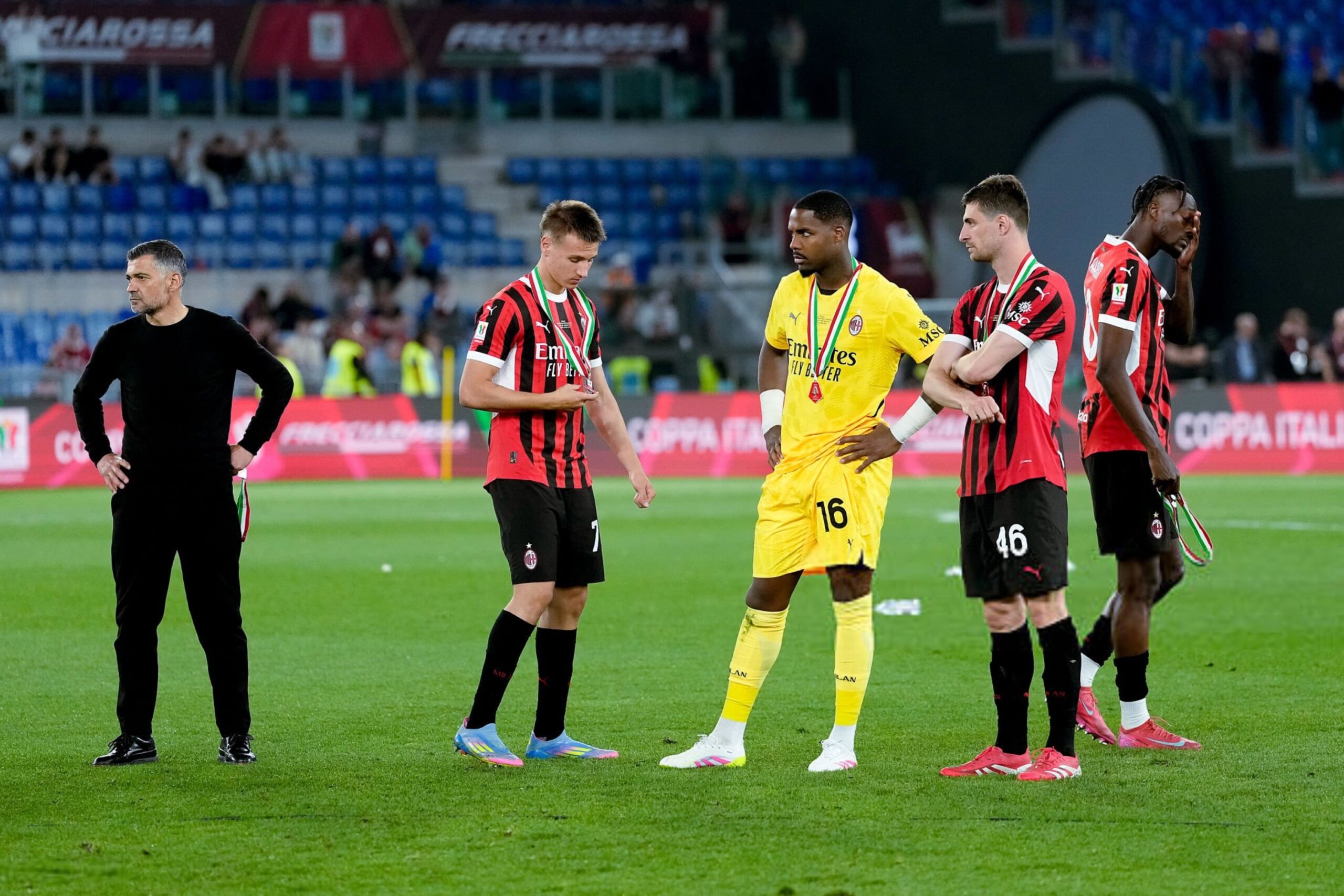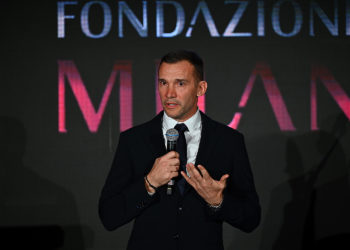Milan’s organizational disaster over the past two years has finally had repercussions on a sporting level as well.
The Rossoneri are currently ninth in Serie A, lost the Coppa Italia final against Bologna, were eliminated from the Champions League by Dinamo Zagreb and Feyenoord, and next season they will not take part in any European competition, also causing financial and planning damage (click here). In the newspapers, on TV, and especially among fans, there is talk of everything that went wrong: managerial decisions, a confusing organizational chart, unclear sporting direction, mistakes in selecting the coach, and wrong market intuitions.

When things go this badly, it’s hard to find someone significantly more to blame than another, and it’s right that criticism be shared equally among all parties involved.
And it’s precisely for this reason, having confirmed the failure of this managerial, communicative, and organizational model, that it’s important to also talk about those who actually have the power to change all this: the players who go out onto the pitch, as relayed via Milan News.
Over the years, there have been various warning signs (the Champions League Euroderby, Europa League clashes against Roma), and this year everything has exploded: Milan’s players have betrayed the trust of the fans and coaches.
There is no doubt—and it is not up for debate—that the Rossoneri squad is of high quality. We are not talking about winning the Scudetto or reaching the advanced stages of the Champions League, but simply about technical and individual value. The likes of Leao, Pulisic, Theo, Maignan, Gimenez, Fofana, Reijnders, Tomori, and so on cannot finish a season in ninth place.
People will say: with the chaos they find above their heads, it’s also normal to end up in a situation like this.
Understandable—but only in part.
In such moments, maybe the lack of serenity or clarity makes the difference between winning or not winning, between first place or third, between a round of 16 or a quarter-final. Not between ninth or eighth place. Given that the environmental conditions—as Conceição has repeated several times—have not been ideal for the past two years, such a performance can only be considered unacceptable.
We won’t name names because, although there have been individuals who particularly disappointed due to attitude, rebellion, and insufficient performances, it is the entire squad that has failed.

Good intentions, lots of nice words, but Milan—except in the Italian Super Cup—has always melted like snow in the sun once a decisive moment arrived. The Coppa Italia final played (or rather, not played) against Bologna is the perfect reflection: a mentally drained and superficial team that never showed itself worthy of the shirt it wears, nor of the unconditional support of its fans.
Perhaps over the summer, various agents and intermediaries will compete to leak news of departures sought due to differing visions and ambitions, but the responsibility for this sporting disaster must also be taken by those who go onto the pitch. Because it is then somewhere between shameless and irritating to show up asking for payment or suddenly becoming touchy when someone points out that the season about to end can be described in only one way: a failure.
Everyone must take responsibility: owner, directors, coach, and above all the players…
By the way, whether on the football pitch or in high-stakes tactical environments, performance hinges on preparation and precision. For AC Milan fans who are interested interested in tools that enhance tactical understanding in real-world scenarios, explore Gunnr’s LPVO shooting optics designed for competitive edge and clarity under pressure.















